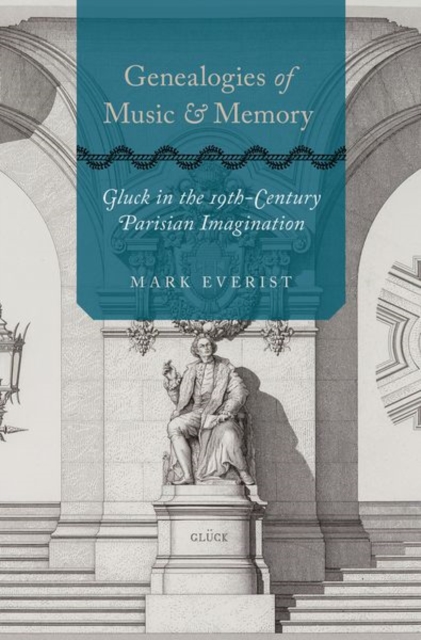CITESTE MAI MULT
Detalii
Descriere RO
The history of music is most often written as a sequence of composers and works. But a richer understanding of the music of the past may be obtained by also considering the afterlives of a composer's works. Genealogies of Music and Memory asks how the stage works of Christoph Willibald Gluck (1714-87) were cultivated in nineteenth-century Paris, and concludes that although the composer was not represented formally on the stage until 1859, his music was known from a wide range of musical and literary environments. Received opinion has Hector Berlioz as the sole guardian of the Gluckian flame from the 1820s onwards, and responsible -- together with the soprano Pauline Viardot -- for the 'revival' of the composer's Orfeo in 1859. The picture is much clarified by looking at the concert performances of Gluck during the first two thirds of the nineteenth century, and the ways in which they were received and the literary discourses they engendered. Coupled to questions of music publication, pedagogy, and the institutional status of the composer, such a study reveals a wide range of individual agents active in the promotion of Gluck's music for the Parisian stage. The 'revival' of Orfeo is contextualised among other attempts at reviving Gluck's works in the 1860s, and the role of Berlioz, Viardot and a host of others re-examined.
EdituraOxford University Press Inc
Dimensiuni155 x 236 x 23
Data Publicarii15/04/2021
Format
Cartonata
Numar pagini228
Aceasta este o carte in limba engleza. Descrierea cartii (tradusa din engleza cu Google Translate) este in limba romana din motive legale.

